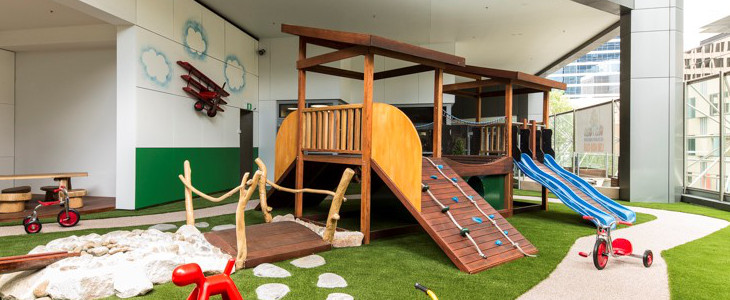Investment Loss (TNIL) is an individual’s taxable losses from rental and share investments. The TNIL is added back to an individual’s taxable income to calculate the tax related concessions and obligations for: Medicare levy surcharge. 15% additional tax on concessional contributions (Division 293). Child support payments. $1,000 up-front reduction for discounts on employee shares/options. Senior…
This tax strategy allows an employee, who is also separately carrying on a business as a sole trader, to claim depreciation on the cost of an asset in their business that has been fully reimbursed by their employer. This strategy involves ‘double dipping’ as the employees business depreciation claim is unaffected by their employer…
The cost of providing in-house recreation facilities to employees is deductible if it is located on the employer’s premises. Examples of in-house recreational facilities are a tennis court, a swimming pool, gymnasium or games room provided on an employer’s premises for staff use on work days. The employer can claim a deduction for the expenses…
Small businesses can claim a tax deduction for depreciable assets they purchase for their business provided they cost less than $20,000 each. This measure started on 12th May 2015 and ceases on 30th June 2018. Examples include cars, furniture, art work, coffee machines, etc. With this strategy purchasing a $20,000 depreciable asset for the…
Childcare expenses are not tax deductible to employees as they are considered private in nature. If provided by an employer they are subject to FBT unless they are deemed exempt childcare benefits. Childcare benefits provided by an employer will be exempt from FBT under section 47(2) FBTAA where the employer has In-house childcare facilities. Salary…
A remote area housing benefit is an exempt benefit under section 58ZC of the Fringe Benefits Tax Assessment Act 1986. If a housing benefit is deemed a remote area housing benefit the employer can claim a tax deduction for the employees housing costs, and no FBT is payable. This converts an employee’s private housing…
The advantages of operating a business through a company include: 30% tax rate (standard company tax rate) 27.5% tax rate for companies with a turnover less than $10m pa. (The turnover thresholds increase to $25m in 2017/18 and $50m in 2018/19). By 2026/27 the company tax rate for companies with a turnover less than $50m…
When a motor vehicle is used 100% for private purposes there is normally no tax deduction available on the expenditure. With this strategy an employee can generate annual tax savings of $2,500 – $3,000 pa by salary packaging their private motor vehicle with their employer. The tax savings result from the motor vehicle tax concessions…
The purchase of an antique, veteran or vintage car for use in a business will provide the normal depreciation and operating deductions. This will be subject to the luxury car limit and log book obligation for business use. Motor vehicles, including antique, veteran & vintage cars, are exempt from capital gains. This is a win…
Business travel involves being away from home for at least one night for business purposes. This is to be contrasted with other types of private travel such as for leisure purposes or regularly commuting between one’s home and workplace. Reasons for business trips include visiting customers or suppliers, meetings at other company locations, professional development…
"You’d be stupid not to try to cut your tax bill and those that don’t are stupid in business"
- Bono: U2













